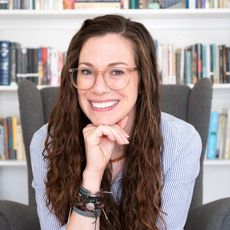Here's what's new:
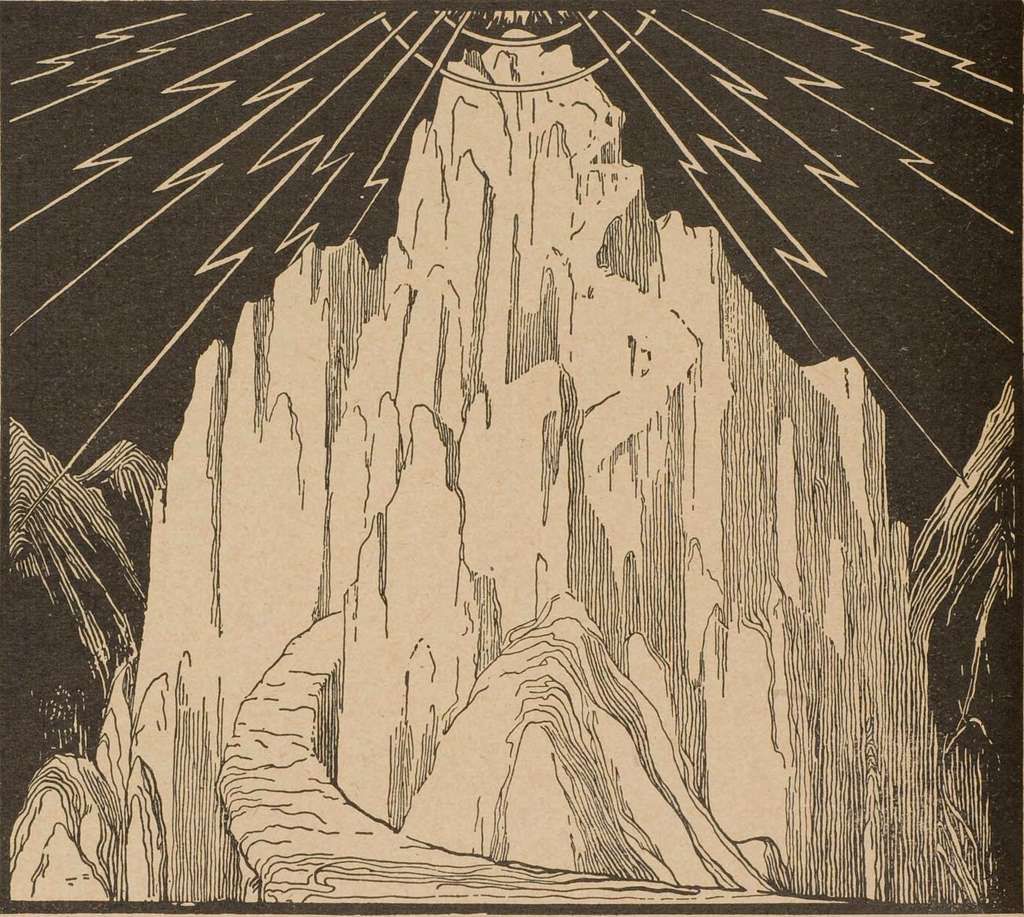
By Kate Stevens
•
December 20, 2025
In this I'm showing my work—yes, just like in math class where credit was given once you proved it was solely yours. It’s the process; the recipe reversed; the rough thoughts once belonging to the whole but find themselves recycled. This is a shield against perfectionism and a sword for productivity.

By Kate Stevens
•
December 9, 2025
In this I'm showing my work—yes, just like in math class where credit was given once you proved it was solely yours. It’s the process; the recipe reversed; the rough thoughts once belonging to the whole but find themselves recycled. This is a shield against perfectionism and a sword for productivity.
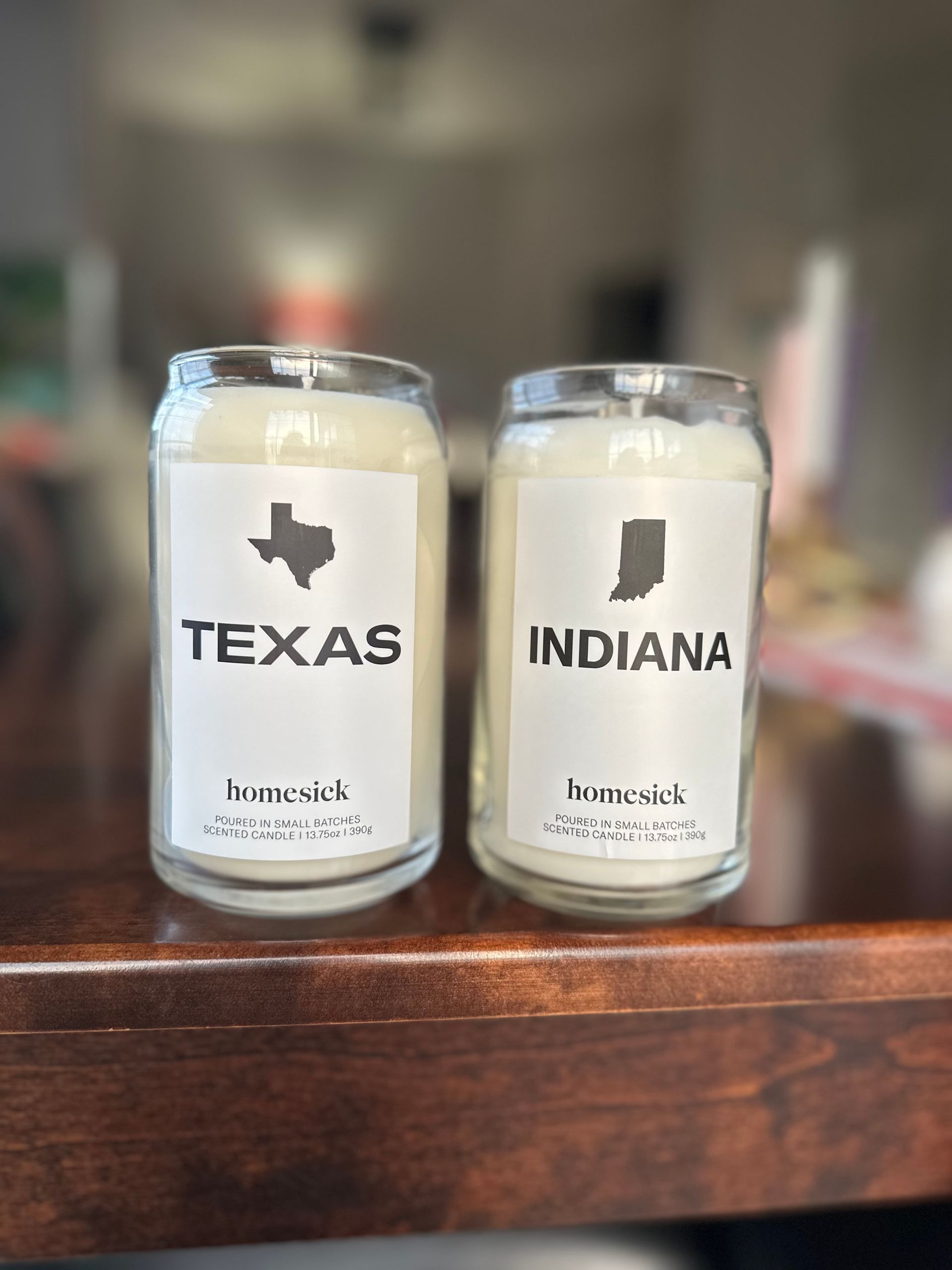
By Kate Stevens
•
December 21, 2024
But if I sound upside down or foggy or scattered it’s because I am! Maybe a year from now I’ll compose something to bounce a quarter off of. Pending that day—this is how I am landing all these thoughts and reflections and mixed emotions. When we moved here God gave us a phrase from dear friends who made this same move nearly 10 years ago: Christ is home.

By Kate Stevens
•
May 25, 2024
“Why do I wear so many bracelets all the time?” It’s a good question—right along with “do you always wear those? Like showering and sleeping and everything?” I’ll also say up front that I’m not stopping traffic or anything; it’s just sweet friends wanting a good story. Looking back I am a direct product of the 90s—True Love Waits and the purity culture in its entirety was the landscape of all American youth groups then. Abstain! Abstain! Abstain! was our cheer from the front row to the balconies, from the Pacific to the Atlantic, and all those border towns that hedge us in. We studied workbooks, took pledges, attended conferences, wore the rings, and signed our names to dozens of laminated cards declaring that we would first and foremost wait until marriage for sex. While everyone was laying out the ground rules for “how far is too far,” other verbs like drinking, smoking, cussing, and watching R-rated movies were looped in as ways to besmirch our purity. We found ourselves with a tidy list of 5 thou shall nots to contend with as angsty tweens and teens. To have fair treatment here , our church leadership did facilitate two other major studies for the youth: “Operation Timothy” and “Experiencing God.” We met on Sunday nights at our Pastor’s house. I don’t remember who led the Timothy study, but I remember our Pastor walking us through “Experiencing God.” I also don’t remember much about it except that I was a pudgy 7th grader who was just excited to have a seat at the table, recognizing for the first time that I was a part of something much bigger than myself. Broken fellowship The campaigns from the early 90s youth programs left most of us with desires we were told to stuff down until the right time or to avoid until eternity arrives. Yes, we were taught the Gospel and Christ’s power to forgive our sins. But for us, these two pillars of truth ran on parallel tracks. What one had to do with the other was not only a mystery I had little chance of solving, but I didn’t even know it existed or how life-threatening my ignorance was. Consequently, I left the church once I graduated high school, for my desires for the world proved too strong and prominent to ignore. It wasn’t an announcement I made. I didn’t label it “deconstruction.” I still claimed Christ and my salvation, occasionally praying before bed. But I had no care for God’s people, His laws, or any such accountability. A laundry list of my rebellions is about as fruitful as me arguing that I wasn’t as bad as some of the company I kept. I did not seek out the Church in my college town. She wasn’t as keenly seen or heard as the social clubs (aside: All graduating students beware of those who first vie for your friendship.) The bottom line is that I was an idolater, living in broken fellowship with my Maker while still sleeping the whole night through. There was one particularly lonely night my junior year. I couldn’t even tell you what external thing was going on. Maybe there was nothing specific. Maybe this was just God dragging me back to Him. But I took a random devotional off my shelf, something a kind soul gifted me at graduation. It was green and titled “Deeper Walk.” I opened a random page and just started reading. 4 And as for your birth, on the day you were born your cord was not cut, nor were you washed with water to cleanse you, nor rubbed with salt, nor wrapped in swaddling cloths. 5 No eye pitied you, to do any of these things to you out of compassion for you, but you were cast out on the open field, for you were abhorred, on the day that you were born. 6 “And when I passed by you and saw you wallowing in your blood, I said to you in your blood, ‘Live!’ I said to you in your blood, ‘Live!’ 7 I made you flourish like a plant of the field. And you grew up and became tall and arrived at full adornment. Your breasts were formed, and your hair had grown; yet you were naked and bare. 8 “When I passed by you again and saw you, behold, you were at the age for love, and I spread the corner of my garment over you and covered your nakedness; I made my vow to you and entered into a covenant with you, declares the Lord God, and you became mine. 9 Then I bathed you with water and washed off your blood from you and anointed you with oil. 10 I clothed you also with embroidered cloth and shod you with fine leather. I wrapped you in fine linen and covered you with silk. 11 And I adorned you with ornaments and put bracelets on your wrists and a chain on your neck. 12 And I put a ring on your nose and earrings in your ears and a beautiful crown on your head. 13 Thus you were adorned with gold and silver, and your clothing was of fine linen and silk and embroidered cloth. You ate fine flour and honey and oil. You grew exceedingly beautiful and advanced to royalty. 14 And your renown went forth among the nations because of your beauty, for it was perfect through the splendor that I had bestowed on you, declares the Lord God. Ezekiel 16:4–14 A Volta—(the turning point in the narrative) I just cried. I remembered the care and attention of God in that moment. With genuine gratitude I thanked Him, and fell asleep. (Side note: At the time, I did not know the context or history around Ezekiel 16, so I missed the mark on the interpretation.) My repentance was not a “jump off the cliff” and into new life sort of movement; it was more like a slow walk up a dull incline. I did join a Christian ministry that semester, surrounding myself with steadier friendships. I started attending church with my new boyfriend in a band and his large family. Now I was making safer decisions, but not exactly holy ones. That boyfriend in a band and I got married and started our lives at a new church. Our theology grew and expanded and shot forth both widely and deeply. Paradigms came crashing down, and God’s actual form started taking shape as the fog of my own cluelessness began to clear. However, I was under the table collecting crumbs from the pulpit. I didn’t quite grasp the fact that because of Christ I had a seat at the table. It was not until I asked God to wake me early enough to read His Word that my ignorance was hauled to the dumpster in truckloads. Ezekiel 16 Around the time of my firstborn, I started wearing bracelets because it was cute. Ha! And it still is! But while I was pregnant with my second daughter, I started the M’Cheyne Bible Reading Plan. As I came upon Ezekiel 16, I remembered. I remembered my loneliness and the wilderness and that season of reckless avoidance of God. I remembered that first read-through of Ezekiel 16, nearly 6 years beforehand. Sitting there as a young mom with the whiff of theological savviness, I read through the entire chapter (all 63 verses) and realized it was my story. All of it. He reached very low to bring me to life, yet I trusted in my provisions and practiced idolatry for all to see. I walked away from the One who demonstrated His love and faithfulness repeatedly. Verse 30 asks the question, “How sick is your heart?” and I realized I had to answer for this. All of it. But then: 62 I will establish my covenant with you, and you shall know that I am the Lord, 63 that you may remember and be confounded, and never open your mouth again because of your shame, when I atone for you for all that you have done, declares the Lord God. It was at this time that I wanted to mark my remembrance of how big God is and how small I am. Verses 11-12 say that God “put bracelets on your wrists and a chain on your neck. And I put a ring on your nose. . .” So the bracelets (and eventual nose ring) would become my ebenezer, my stones of remembrance. Whew. It’s a lot to reckon with. Nineteen years later, and I’m still thinking about this chapter. The imagery is intense, hard to bear, even. Three-thirds The purity culture got ⅓ of it right. Yes, premarital sex is wrong. Yes, R-rated movies, cussing, drinking, and smoking are not things kids should practice. Even the accountability with the pledges and rings is a good thing, its own sort of ebenezer and reminder. The first major error: What does anyone do with desires they ought not to act on? If you’ve been to the Alamo then you know of the sign that says, “Do Not Touch the Alamo.” If you take students to visit that great piece of Texas history then you know that 99% don’t make it past the word touch before a little finger or their whole hand graces the surface. Rebellion is part of us all because of sin, but students do not yet know how to anticipate danger or what to do with that desire for rebellion in the meantime. But God does. 2 Cor. 12:9, “But he said to me, ‘My grace is sufficient for you, for my power is made perfect in weakness.’ Therefore I will boast all the more gladly of my weaknesses, so that the power of Christ may rest upon me.” Col. 1:15-23 speaks of the Preeminence of Christ, declaring, “For in him all the fullness of God was pleased to dwell, and through him to reconcile to himself all things, whether on earth or in heaven, making peace by the blood of his cross.” He does this so that He can present us “holy and blameless.” And the other major error: None of us have purity to begin with. Romans 3 says we have all fallen short. David declares our sinfulness at birth in Psalm 51. Before Jesus, we are dead in our sins (Ephesians 2). I understand the intent—but it gravely missed the mark, instead raising Pharisees who believed their virginity and PG movies meant purity and others who believed their one-night stands and cigarettes meant damnation. The worthy desire In all, God is so good. He gives us desires that are the flavors, symphonies, and fireworks of life. We can’t go cheap on this or be unassertive, for it is easy to drift away. It is only when we saturate ourselves with Jesus—His Word and His people and His Church—that we tether ourselves to the only worthy desire of all.
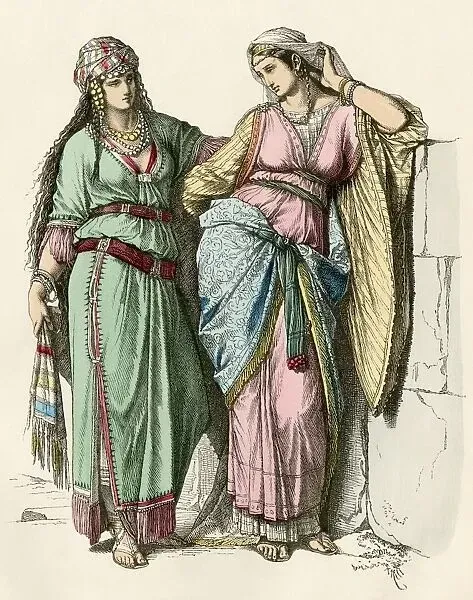
By Kate Stevens
•
March 2, 2024
Inherently, there is something striking with putting full weight behind domesticity and natural wellness. Likewise, training for a marathon with a strict schedule and diet in view is pleasing. Composing an entire orchestra into an emotional symphony, telling of the rise and fall of an empire is gorgeous.
However—there is something unsightly with making any of these into your identity because then it becomes about you and not about pleasing the Lord or those you serve.

By Kate Stevens
•
December 20, 2023
The more I think through identity and existence and my own wasteful suns of self-creation or adaptation or self-fulfillment, the more I see truth behind mortal limitations. Western culture loves nothing more than our purchase of personal satisfaction through individualism. But where the Christian is different is that we are to kill the individual rather than create it (John 12).

By Kate Stevens
•
November 11, 2023
We set out on our 2-week, 6,000-mile, 80+ hours of driving road trip with our daughters to experience these Great American highlights. We still recount these things with them as good gifts from God, not for utilitarian purposes but to be enjoyed in real time as we draw nearer to the Creator out of love, glory, gratitude, and desire.
And here lies the tension that exists between man and nature: A vast majority of Christians may feel closer to God whilst in nature, but the absolute truth is that we are even closer to God when we are in the presence of another soul—of an immortal. Everything we saw and captured on film is good—but as we spent 14 days traveling in 89 cubic feet of space, we were in the presence of the very good.

By Kate Stevens
•
August 17, 2023
My husband is neither idle nor restless. He is neither aimless nor haphazard. He is intentional, thoughtful, and eager to honor our LORD with whatever he is handed. None of these are hard to conjure up or see when you get to know him for even a few moments. But they have been increasingly easier to witness since moving to the farm.
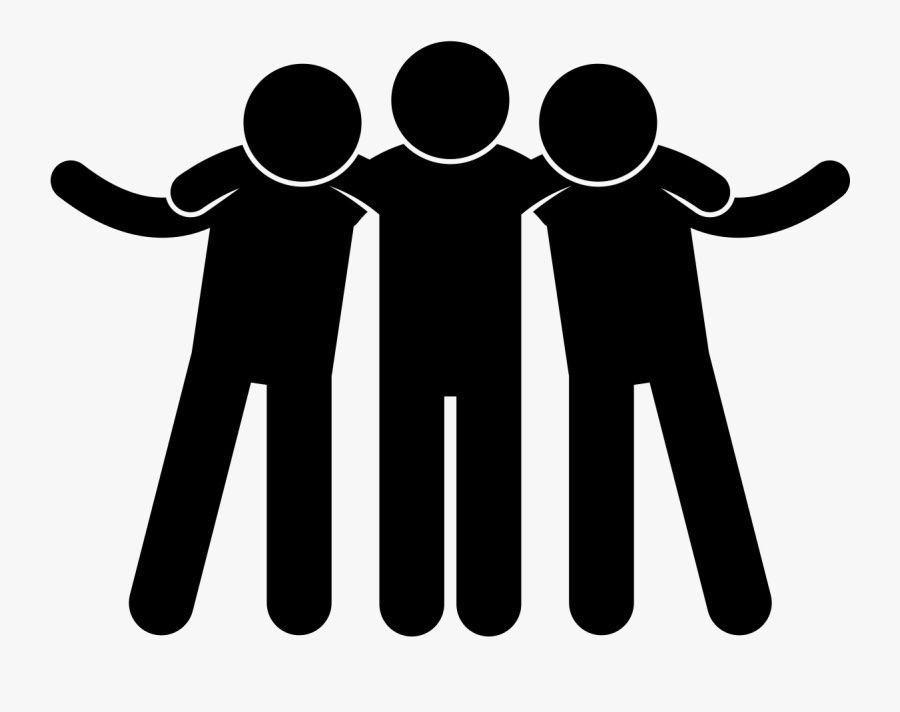
By Kate Stevens
•
March 22, 2023
It is important to define words biblically and execute those words with precision. Platforms like Facebook have redefined “friend” for us all, and its usage is wide and ubiquitous, typically aimless. I believe this has attributed to the notion of “quantity over quality.”

By Kate Stevens
•
December 20, 2025
In this I'm showing my work—yes, just like in math class where credit was given once you proved it was solely yours. It’s the process; the recipe reversed; the rough thoughts once belonging to the whole but find themselves recycled. This is a shield against perfectionism and a sword for productivity.

By Kate Stevens
•
December 9, 2025
In this I'm showing my work—yes, just like in math class where credit was given once you proved it was solely yours. It’s the process; the recipe reversed; the rough thoughts once belonging to the whole but find themselves recycled. This is a shield against perfectionism and a sword for productivity.

By Kate Stevens
•
December 21, 2024
But if I sound upside down or foggy or scattered it’s because I am! Maybe a year from now I’ll compose something to bounce a quarter off of. Pending that day—this is how I am landing all these thoughts and reflections and mixed emotions. When we moved here God gave us a phrase from dear friends who made this same move nearly 10 years ago: Christ is home.
Worshiper, wife, mom—with the help of the Lord, this is my hierarchy of work. Beyond this I homeschool the girls and hold down a staff position at Zionsville Fellowship in Zionsville, Indiana. I read, write, do yoga, cook, and practice thinking pure and lovely things.
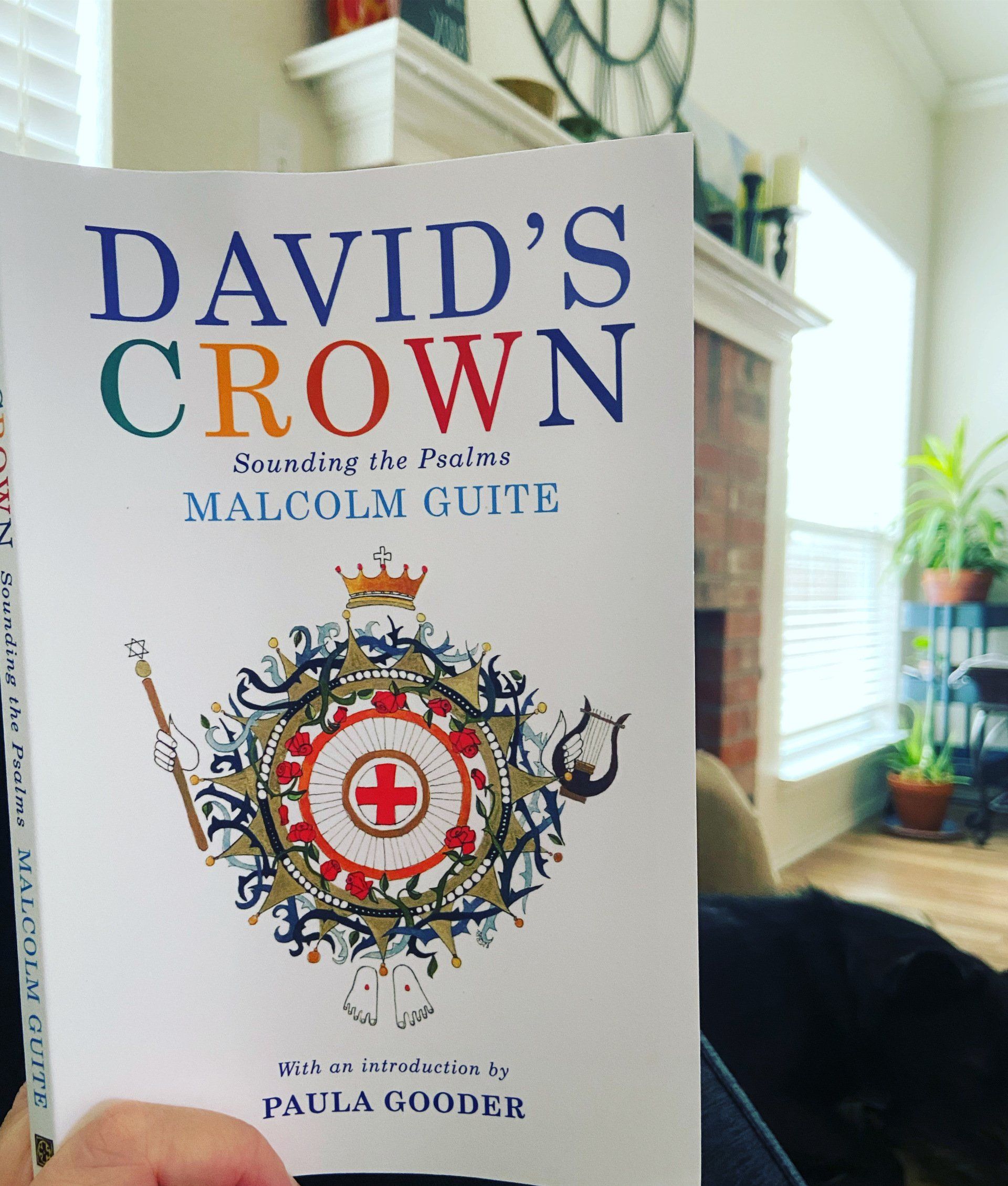
By Kate Stevens
•
July 1, 2022
"It is the experience that Christ and his humanity shares with us: the visionary glimpses of heaven, but also the sense of hellish darkness and depression; the delight in the beauties of nature and the warmth of human friendship, but also the awareness of destruction and corruption in both nature and humanity—"
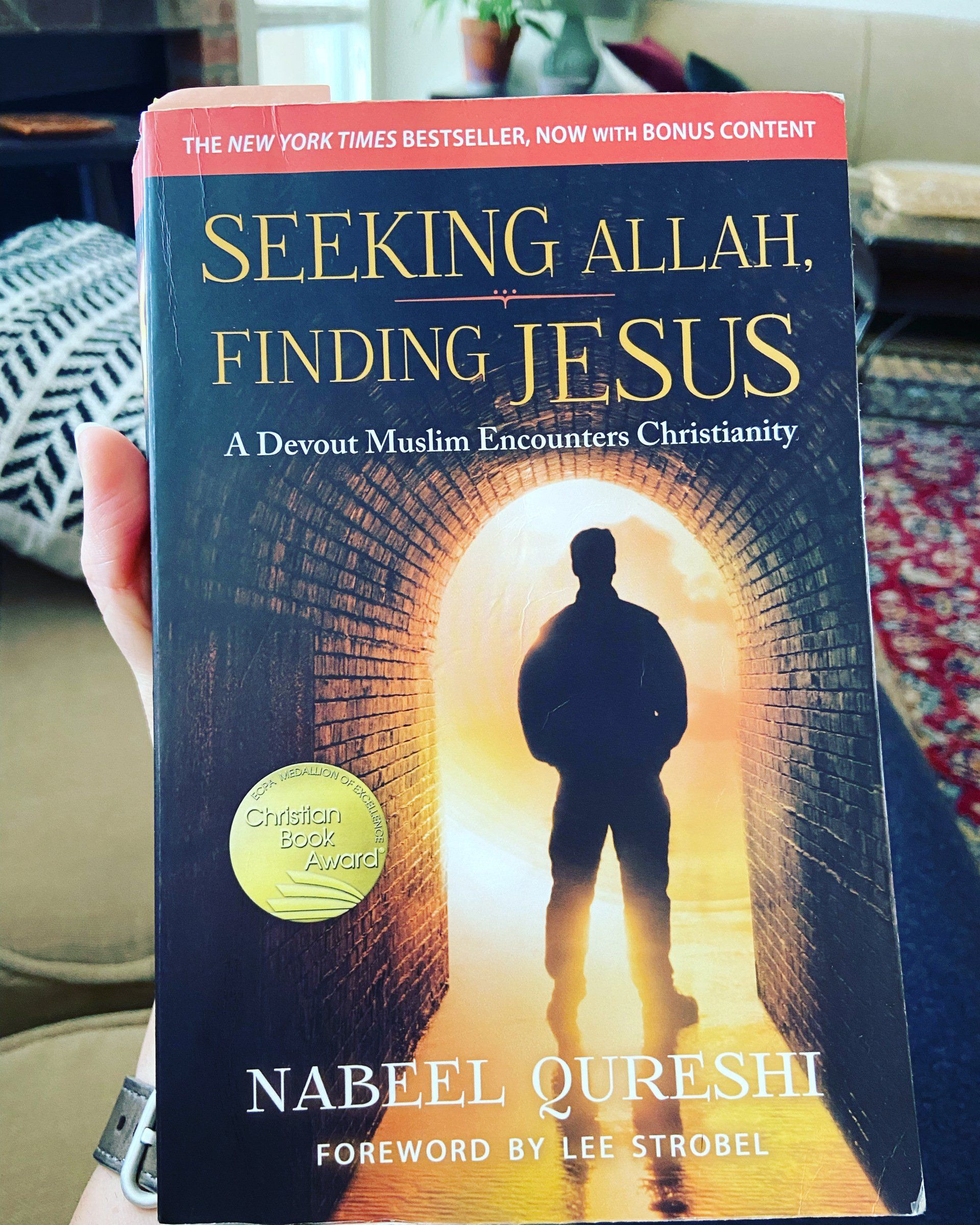
By Kate Stevens
•
July 1, 2022
"Please, God Almighty, tell me who You are! I beseech You and only You. Only you can rescue me. At Your feet, I lay down everything I have learned, and I give my entire life to You. Take away what You will, be it my joy, my friends, my family, or even my life. But let me have You, O God."
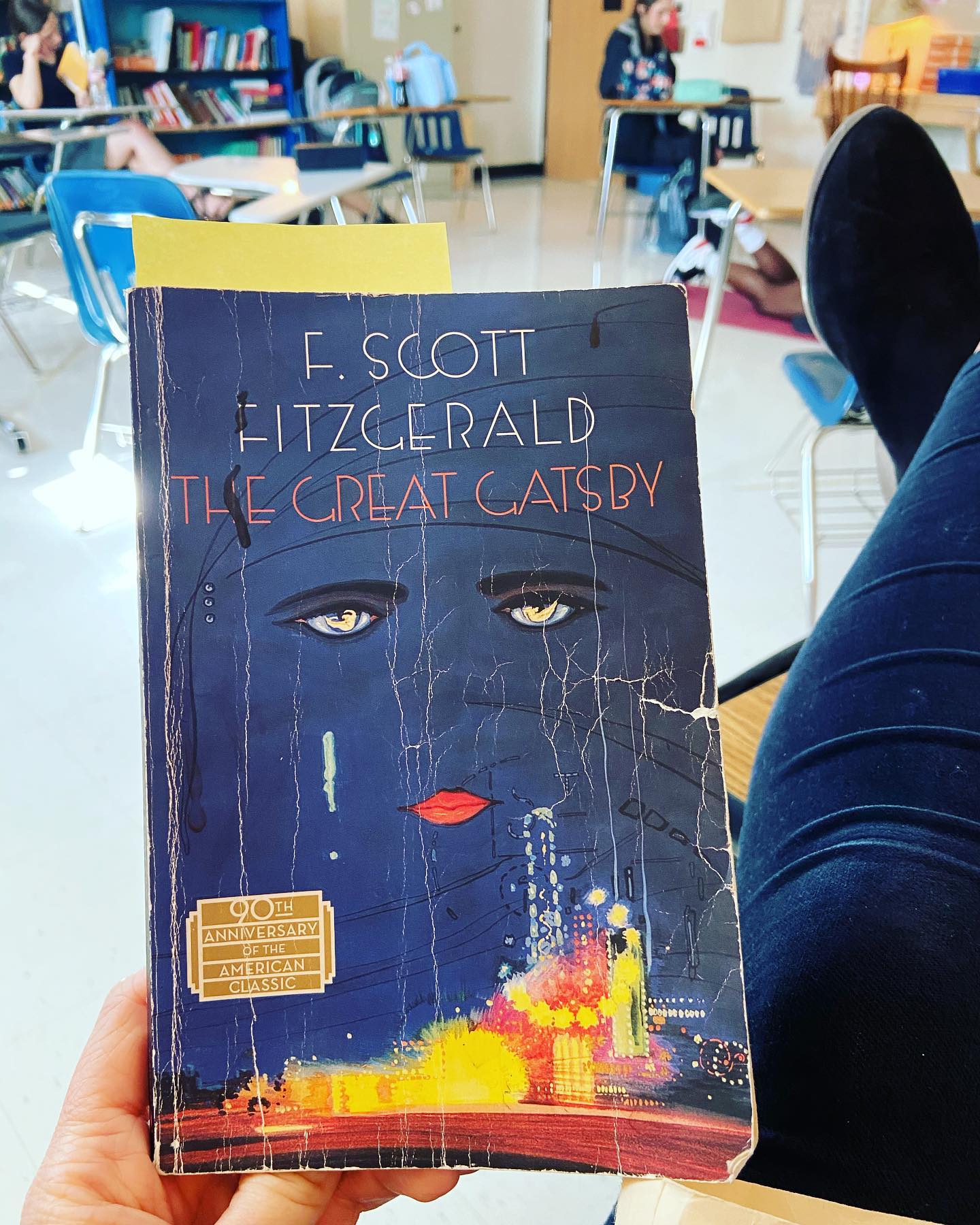
By Kate Stevens
•
May 15, 2021
“When I came home to West Egg that night I was afraid for a moment that my house was on fire. Two o’clock and the whole corner of the peninsula was blazing with light, which fell unreal on the shrubbery and made thin elongating glints upon the roadside wires. Turning a corner, I saw that it was Gatsby’s house, lit from tower to cellar.”

